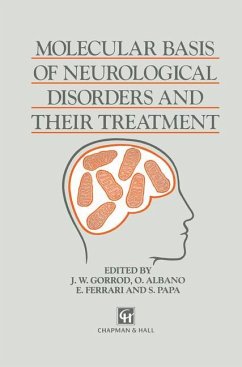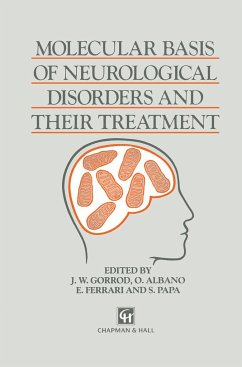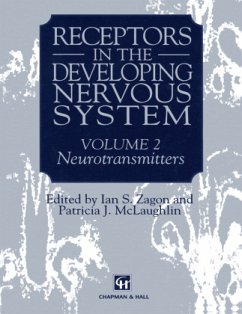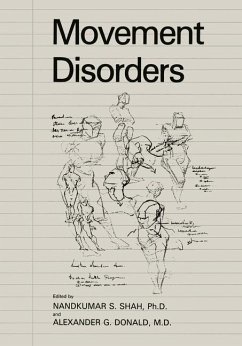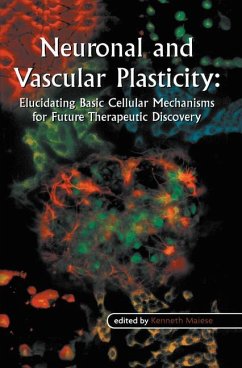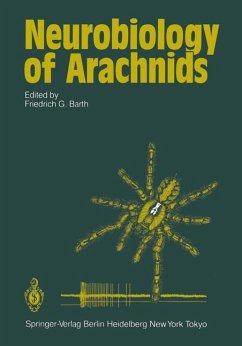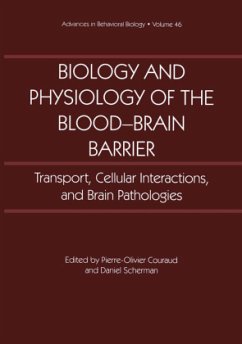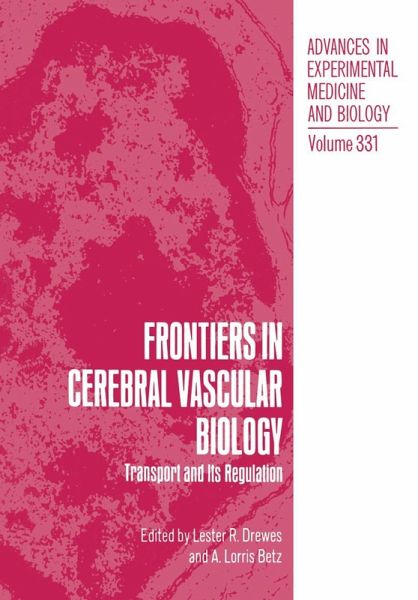
Frontiers in Cerebral Vascular Biology
Transport and Its Regulation
Herausgegeben von Drewes, Lester R.; Betz, A.Lorris

PAYBACK Punkte
20 °P sammeln!
During the past three decades, the cerebral vasculature and its role in blood-brain transport has been an increasingly active area of investigation and learning, particularly from an anatomical and physiological point of view. However, much less is known at the molecular and cellular level about the blood-brain barrier especially regarding the macromolecules responsible for transport, the roles played by vascular wall components (endothelial cell, pericyte, smooth muscle, basement membrane), and the mechanisms regulating brain vascular-specific protein expression and their molecular alteration...
During the past three decades, the cerebral vasculature and its role in blood-brain transport has been an increasingly active area of investigation and learning, particularly from an anatomical and physiological point of view. However, much less is known at the molecular and cellular level about the blood-brain barrier especially regarding the macromolecules responsible for transport, the roles played by vascular wall components (endothelial cell, pericyte, smooth muscle, basement membrane), and the mechanisms regulating brain vascular-specific protein expression and their molecular alterations during development and disease. Fundamental questions still unanswered include: What are the molecular constituents of brain endothelial cell tight junctions? What are the membrane proteins responsible for transport of specific substrates? What are the molecular signals that cause glucose transporter gene expression to be 20 to 100 times greater in brain endothelial cells in vivo than in vitro? What roles do pericytes, smooth muscle cells and basement membrane have in establishing or maintaining blood-brain transport characteristics? Are brain vascular transport systems responsible for edema following injury? Are transporter systems regulated via receptor-mediated events? Do hormones or neuromodulators regulate transporter expression? What is the molecular mechanism by which plasma proteins enter the extravascular space? Are transporters asymmetrically distributed between the luminal and abluminal endothelial cell membranes? Can prodrugs or pharmacologic agents be designed as substrate analogs and be delivered to the central nervous system via existing transporters or receptors? Can new and beneficial transporters be introduced into the brain vasculature?





